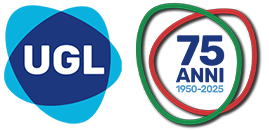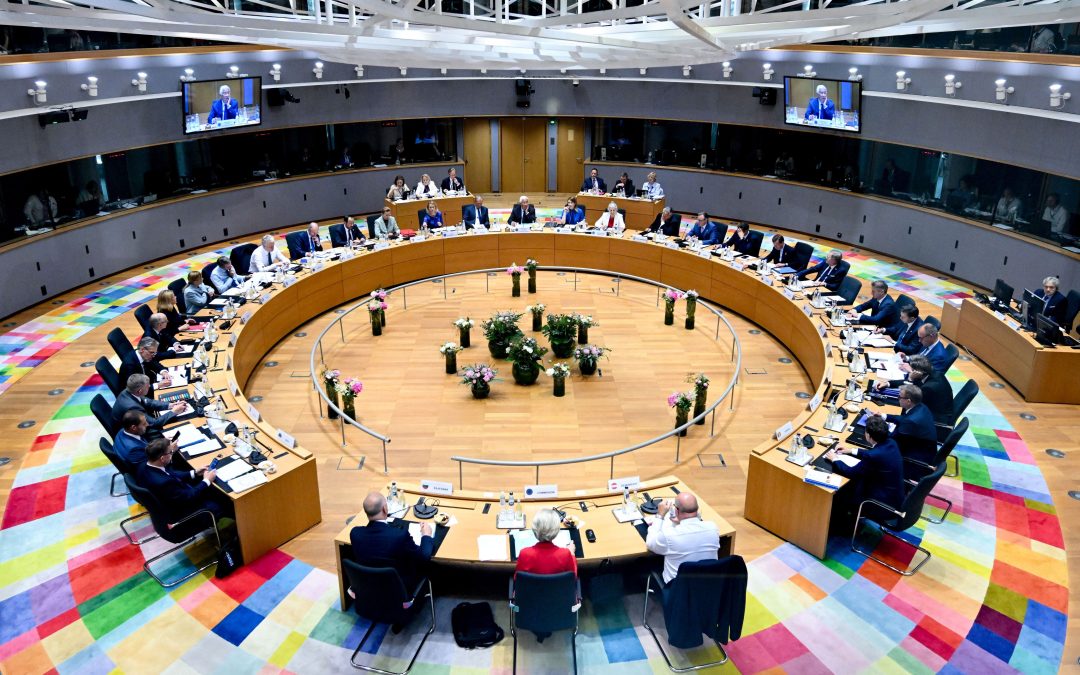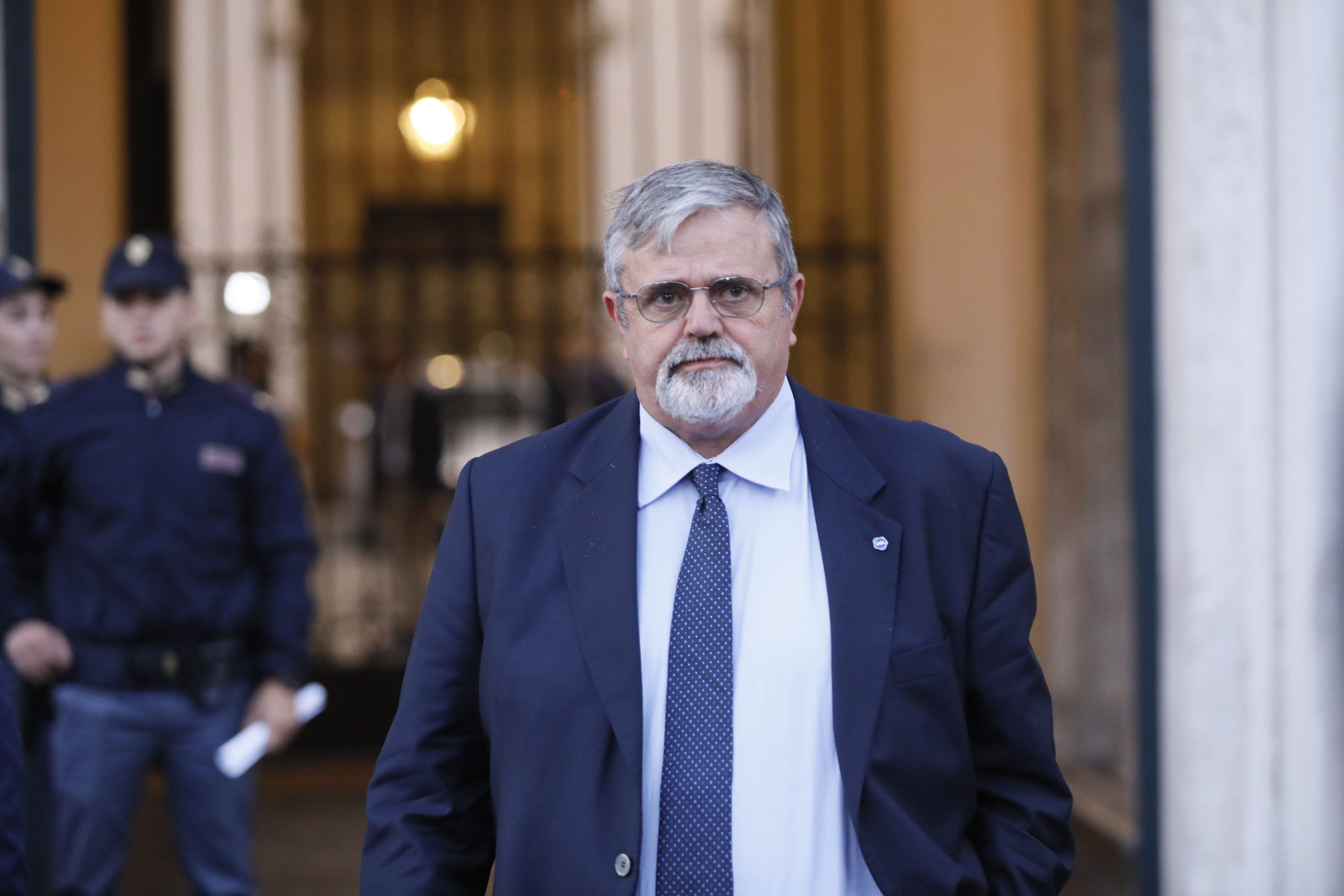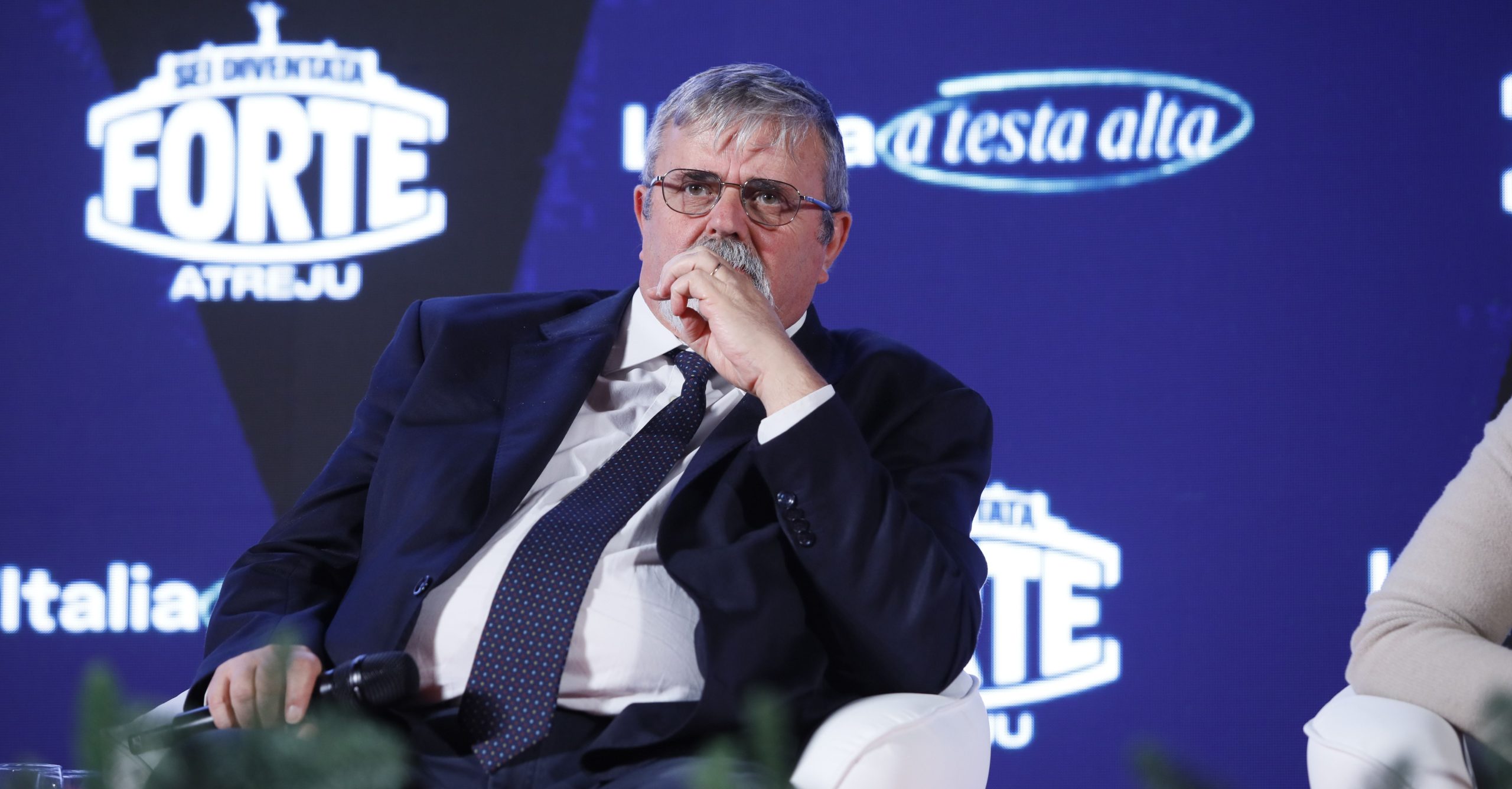IT:
IL CESE E LO SPAZIO EUROPEO DELLA RICERCA
Il Comitato Economico e Sociale Europeo (CESE) accoglie con favore l’ambizione della Commissione Europea di istituire una “quinta libertà”, ossia la libera circolazione della ricerca, dell’innovazione e della conoscenza. È stato questo l’oggetto del Parere INT/1082 approvato durante la riunione della Sezione Mercato Unico, Produzione e Consumo del CESE, che ha avuto luogo a Bruxelles il 26 Giugno u.s. ed a cui ha partecipato il Consigliere Luigi Ulgiati. Il Vecchio Continente è uno dei principali produttori di conoscenza e tale risorsa strategica deve essere sfruttata anche perché la circolazione della conoscenza ha come scopo il benessere della società. L’Europa dovrebbe essere innanzitutto sintesi tra i vari popoli che la compongono, nonché portatrice non solo di valori, tradizioni, cultura, conoscenze e studi, ma anche di democrazia, solidarietà e diritti nei confronti di tutti i suoi cittadini. «Per raggiungere l’obiettivo di uno spazio europeo sulla ricerca ed istituire così la “quinta libertà”, come definita nella Relazione Letta, – ha dichiarato Ulgiati – è fondamentale rafforzare gli sforzi e gli investimenti in Ricerca e Sviluppo, come pure rendere uniformi i titoli di studio nei 27 Paesi Ue». Nel Parere si esprime inoltre l’auspicio che la Commissione giunga ad un processo di omogeneità su fisco, pensioni, salari e lavoro e ad una riduzione della burocrazia, al fine di rendere l’Europa più attrattiva nei confronti dei ricercatori provenienti da Paesi extraeuropei. «Un unico dubbio – ha affermato in conclusione il Consigliere Ulgiati – è il timore che questo incentivo alla circolarità delle migliori menti tra Paesi europei possa essere, da una parte, un vantaggio per la crescita del Continente europeo a diventare più competitivo a livello globale, e dall’altra essere, invece, uno svantaggio per quelle regioni maggiormente penalizzate che, oltre a non possedere risorse adeguate allo sviluppo, potrebbero anche perdere menti e cervelli formatisi in quei territori».
UE: CONSIGLIO EUROPEO
L’incontro dei Capi di Stato e di Governo Ue, svoltosi a Bruxelles la settimana scorsa, è avvenuto al termine di una serie di importanti impegni internazionali, tra cui il Summit dei leader del G7 in Canada ed il Vertice NATO, sullo sfondo di uno scenario internazionale estremamente complesso, dove alla guerra in Ucraina ed alla grave situazione nella Striscia di Gaza, si è aggiunta la recente escalation in Medio Oriente con le tensioni tra Israele e Teheran. “Unità nella diversità” è il motto che caratterizza l’Unione Europea, al termine di un Consiglio Europeo in cui sono stati molti i temi discussi, ma poche le decisioni prese. I 27 leader dei Paesi membri hanno registrato una convergenza verso le future spese per la difesa (5% del Pil, come stabilito in sede Nato, salvo l’eccezione della Spagna), ma non si sono accordati su come proseguire nel piano ReArm e su come finanziarlo (Eurobond, Patto di stabilità). In aggiunta, si sono detti indignati per la situazione umanitaria a Gaza, ma non sono riusciti a trovare una soluzione per richiamare Israele al rispetto del diritto internazionale umanitario (diversi Paesi richiedono una revisione dell’accordo con Tel Aviv, ma Italia e Germania frenano). Per quanto riguarda l’Ucraina (il cui leader Zelensky era atteso in presenza, ma è stato invece obbligato a collegamenti in video, perché costretto a tornare in Patria per la ripresa dell’offensiva russa), l’Unione Europea ha offerto sempre lo stesso copione ormai consolidato: ancora sostegno a 26, senza l’Ungheria, che si oppone all’avvio dei primi capitoli negoziali per l’adesione. La Ue dei “27 meno 1” dovrà decidere cosa fare sull’aiuto finanziario, perché, se le ostilità tra Ucraina e Russia dovessero ancora continuare, ed una tregua all’orizzonte non intravedersi, occorrerà immaginare come continuare a rifinanziare Kiev. Sul tema delle migrazioni, inoltre, si è svolta una riunione con soltanto la metà dei leader presenti nella Capitale belga, ma la Presidente della Commissione Ursula von der Leyen ha assunto il ruolo di capofila dei Paesi, l’Italia innanzitutto, che vogliono una stretta, con rimpatri ed “esternalizzazione” del diritto all’asilo. In conclusione, dunque, un Vertice Ue dalle poche decisioni assunte e dalle molte incognite registrate, che è sembrato più un confronto politico, propedeutico a vere e proprie azioni da intraprendere in futuro.
EN:
THE EESC AND THE EUROPEAN RESEARCH AREA
The European Economic and Social Committee (EESC) welcomes the European Commission’s ambition to establish a “fifth freedom”, i.e. the free movement of research, innovation and knowledge. This was the subject of the Opinion INT/1082 approved at the meeting of the EESC’s Section for the Single Market, Production and Consumption, which took place in Brussels on the 26th of June and was attended by EESC member Luigi Ulgiati. The Old Continent is one of the main producers of knowledge and this strategic resource must also be exploited because the circulation of knowledge has as its purpose the well-being of society. Europe should first and foremost be a synthesis of the various peoples that make it up, and a bearer not only of values, traditions, culture, knowledge and studies, but also of democracy, solidarity and rights for all its citizens. «In order to achieve the goal of a European Research Area and thus establish the “fifth freedom”, as defined in the Letta Report – said Ulgiati – it is essential to strengthen efforts and investments in Research and Development, as well as to make degrees uniform across the 27 EU Countries». The Opinion also expresses the hope that the Commission will arrive at a process of homogeneity on taxation, pensions, wages and work, and a reduction in bureaucracy, in order to make Europe more attractive to researchers from non-European Countries. «The only doubt – said Councillor Ulgiati in conclusion – is the fear that this incentive for the circulation of the best minds between European Countries could be, on the one hand, an advantage for the growth of the European Continent to become more competitive globally, and on the other hand, be a disadvantage for those regions that are most penalised, which, in addition to not having adequate resources for development, could also lose the minds and brains trained in those territories».
EU: EUROPEAN COUNCIL
The meeting of EU Heads of State and Government, held in Brussels last week, took place at the end of a series of important international engagements, including the G7 Leaders’ Summit in Canada and the NATO Summit, against the backdrop of an extremely complex international scenario, where the war in Ukraine and the serious situation in the Gaza Strip have been compounded by the recent escalation in the Middle East with the tensions between Israel and Teheran. “Unity in diversity” is the motto that characterises the European Union, at the end of a European Council in which many topics were discussed, but few decisions were taken. The 27 leaders of the Member States recorded a convergence towards future defence spending (5% of GDP, as established by NATO, with the exception of Spain), but did not agree on how to continue the ReArm plan and how to finance it (Eurobonds, Stability Pact). In addition, they expressed their indignation over the humanitarian situation in Gaza but failed to find a solution to call Israel to respect international humanitarian law (several countries are calling for a revision of the agreement with Tel Aviv, but Italy and Germany are holding back). As far as Ukraine is concerned (whose leader Zelensky was expected to be present, but was instead obliged to make video links because he was forced to return to his homeland due to the resumption of the Russian offensive), the European Union offered the same well-established script: still support for 26, without Hungary, which opposes the start of the first negotiation chapters for membership. The EU of the “27 minus 1” will have to decide what to do about financial aid, because if the hostilities between Ukraine and Russia should still continue, and a truce on the horizon not be in sight, it will be necessary to imagine how to continue refinancing Kiev. On the subject of migration, moreover, a meeting was held with only half of the leaders present in the Belgian capital, but Commission President Ursula von der Leyen took on the role of leader of the Countries, Italy first and foremost, that want a tightening up, with repatriations and “externalization” of the right to asylum. In conclusion, therefore, an EU Summit with few decisions taken and many unknowns recorded, which seemed more like a political confrontation, preparatory to real actions to be taken in the future.
UGL NEWS dall'EUROPA n. 133 del 4 Luglio 2025
EN - UGL NEWS from EUROPE n. 133 -4th of July 2025 -



